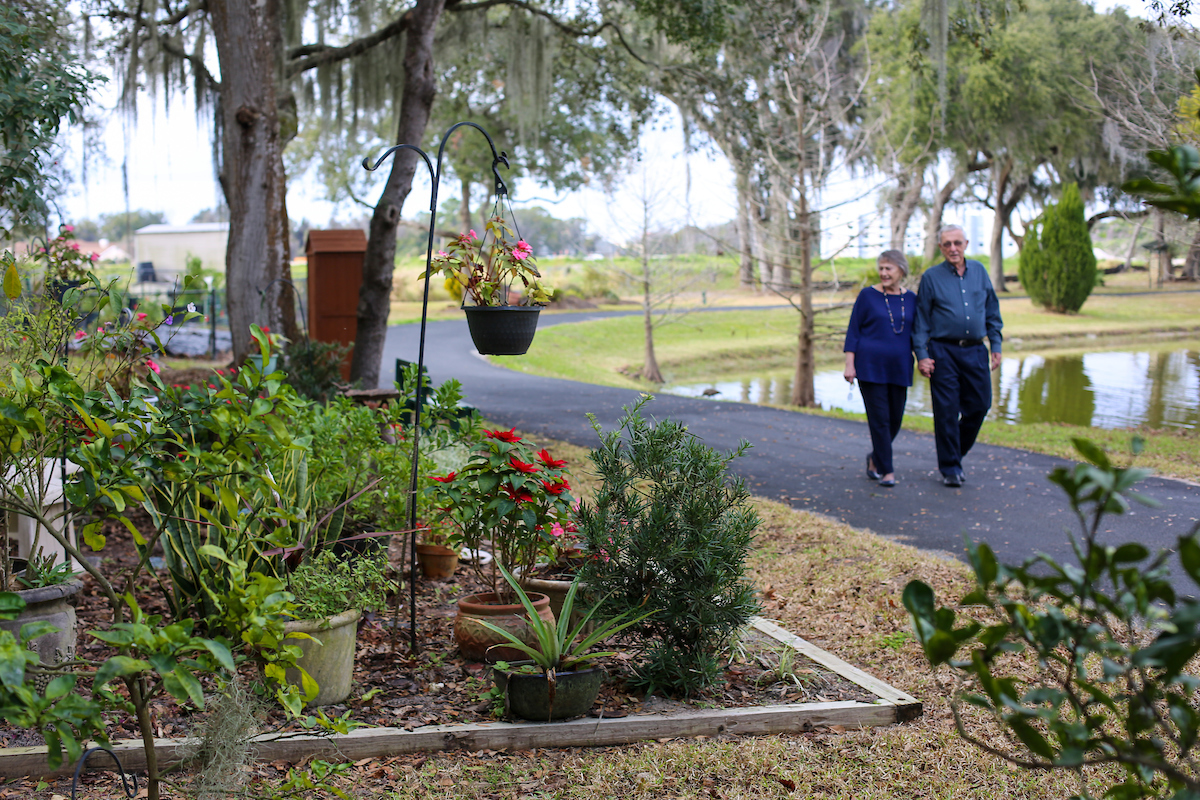By Willie Brunetti
Special to The Alabama Baptist
Caregiving may be the most challenging job you will ever undertake. The caregiver must learn ways to explore the changing needs of their loved one in order to make the transition of care smooth and less stressful.
Caregiving is learning how to work with doctors and other health care professions. The medical team needs to understand you are a part of the team, and they need to seek your help and input in the care of your family member. As a caregiver you need to understand the medical diagnosis, medications, the progression of the disease and the symptoms/indicators of the progression of the disease.
The caregiver needs to understand the health care system. Research the health insurance system: what is covered and not covered, co-pays and out of pocket expenses. You need to understand the Medicare and Medicaid systems and the requirements for qualifications. You need to be prepared to ask question and challenge decisions you feel are wrong.
As the caregiver you need to research the finances and how and who will handle them. Know what to expect on the range of expenses related to prescription cost and insurance coverage. Research the costs of in-home care, including home modifications than may be required. Research and compare the costs and availability of assisted living and skilled care in your area, as well as the Medicaid rules, resources and exceptions. Be aware of state laws and regulations on Medicaid, as each state manages its own Medicaid program, and regulations are different in each state.
Involve your family
Have a family meeting to review the financial resources available and to discuss, if needed, who can help provide for those expenses. Research state and federal programs that can provide assistance.
Ninety percent of Americans over 65 want to remain in their own homes for the remainder of their days. However, mobility issues or chronic conditions, both of which will become more serious with time, might affect what kind of housing care they will need.
In many cases the private sector isn’t an option for many older adults. A long-term nursing care facility can cost as much as $100,000 dollars annually (and in some cases, even more). A full-time home health aid costs an average of $49,000 dollars annually. Medicare and other government programs provide only a fraction of the cost of long-term care services.
There are also key legal issues that must be addressed. If the family hasn’t discussed these issues and written them down, someone else will have the responsibility of deciding how to deal with your loved one’s health care, finances and end of life issues. The key legal documents that need to be completed will help make critical decision ahead of the crisis. They include advanced directives for health care, powers of attorney, health care proxy or power of attorney for health care, and HIPPA releases for family members. Each of these issues should be discussed with an eldercare attorney. They know the ropes and state requirements for each of these issues.
Making decisions
The caregiver and the family need to make medical treatment decisions. The decisions your family may face at the end of life can be complicated and daunting. Questions might include:
- How does your family view the use of life sustaining technology (kidney dialysis, pacemakers, chemo and ventilators, for example)?
- What does your loved one think about using such intervention near the end of life?
- What does your loved one think about hospice care?
Some of the toughest conversations you will hold as a family may deal with end-of-life care, death and funerals. The answers to these questions are important and may surprise you. Ask your loved one what, if anything, frightens them about dying. Are they more frightened about death or about what the end of life might be? What kind of funeral service do they want? Do they want to be buried or cremated? Have they made any advanced arrangements?
Every individual has complex feelings about life and living, death and dying. Unfortunately, changes in one’s health and abilities can lead a person into depression and an unwillingness or inability to cope with life and its many decisions.
As a caregiver, it is important for you to help your loved one deal with the stress and help them maintain a certain dignity in their lives. Just as you needed your parents in childhood, your parents need you when they grow old.
EDITOR’S NOTE — Willie Brunetti has a long history of being a family caregiver and leads seminars on the topic. He is a retired Air Force officer and holds a doctor of educational ministry from New Orleans Seminary. He is a member of First Baptist Church Meridianville, Alabama.






Share with others: